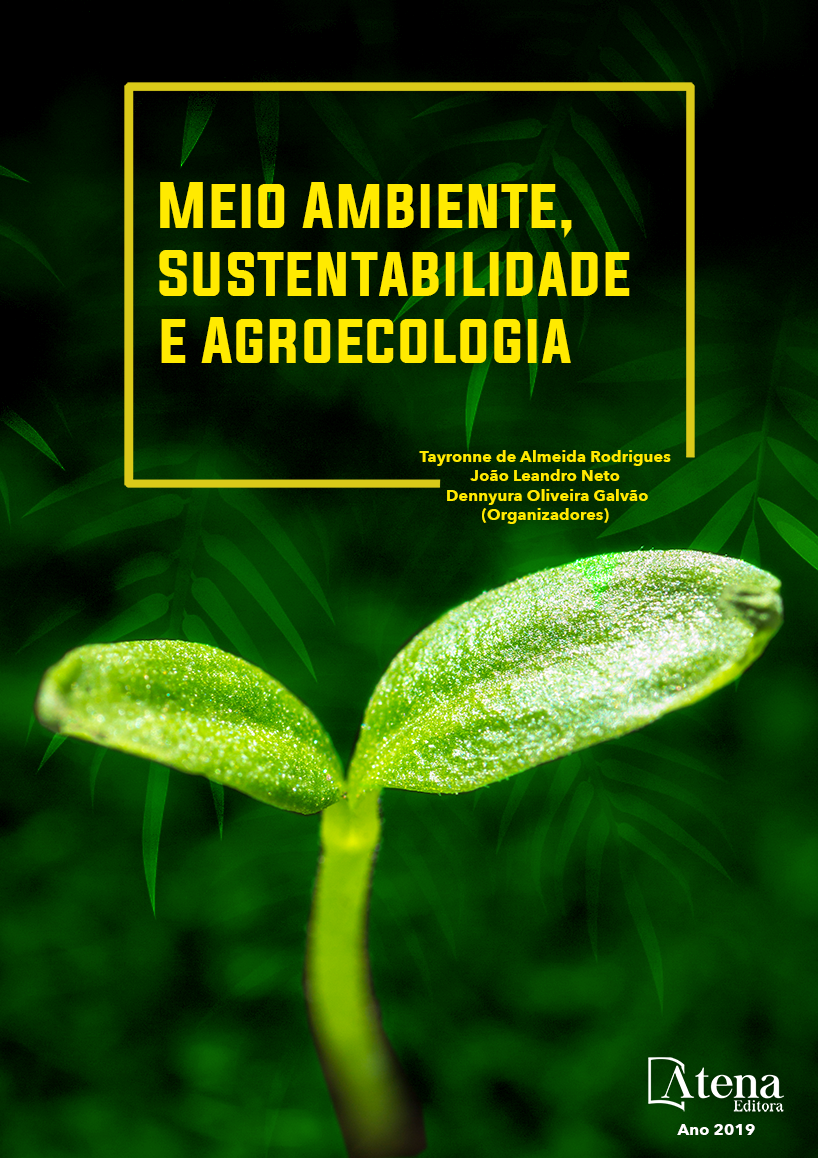
GESTÃO DE RESÍDUOS DA CONSTRUÇÃO CIVIL NO MUNICÍPIO DE RONDONÓPOLIS-MT
A indústria da construção civil é uma
das maiores consumidoras de recursos naturais
e gera grande parte dos resíduos e estes são
descartados de forma inadequada, causando
impactos negativos ao meio e a população.
Sendo essencial o gerenciamento correto,
coleta e descarte adequados para redução
desses impactos. Devido ao crescimento
acelerado do município de Rondonópolis nos
últimos anos, surge a demanda por novas
edificações. Tendo esse trabalho como objetivo,
a análise mais profunda de como é realizado o
gerenciamento dos resíduos da construção civil
e se as leis e resoluções estão sendo aplicadas
corretamente. Para isso a metodologia adotada
tem como procedimento técnico o estudo de
caso, de abordagem qualitativa para investigar a
gestão de RCC no município. Foram realizados
levantamentos bibliográficos e entrevistas
para levantamento de dados junto à Secretaria
Estadual de Meio Ambiente, Sistema de
Saneamento Ambiental de Rondonópolis e usina
de reciclagem. Portanto, pode ser concluído
que o município ainda não está adequado
totalmente, no que exige a Política Nacional
de Resíduos Sólidos e a Resolução CONAMA
nº. 307/2002. A supervisão dos departamentos
competentes ainda deixa a desejar, tanto
na fiscalização dentro das obras, quanto ao
descarte em locais inapropriados. Outro fator
ainda em desvantagem é a destinação direta
para usina de reciclagem, que ainda recebe
pequena quantidade de entulho diante do
que é gerado pelo município. Contudo, é de
suma importância que o município se adeque
as legislações vigentes e possa diminuir os
impactos causados pelo setor.
GESTÃO DE RESÍDUOS DA CONSTRUÇÃO CIVIL NO MUNICÍPIO DE RONDONÓPOLIS-MT
-
DOI: 10.22533/at.ed.21719160424
-
Palavras-chave: gestão ambiental, gerenciamento, construção civil, reciclagem, Rondonópolis.
-
Keywords: Environmental management, management, civil construction, recycling, Rondónopolis.
-
Abstract:
The civil construction industry
is one of the largest consumers of natural
resources and generates a large part of the
waste and these are disposed of improperly,
causing negative impacts to the environment
and the population. Being essential to the
proper management, collection and disposal
procedures to reduce these impacts. Due to the
rapid growth of the municipality of Rondonopolis
in recent years, the demand for new buildings.
Taking this work as a goal, the more in-depth
analysis of how you carried out the management
of waste from construction and whether
the laws and resolutions are being applied correctly. To this end, the methodology
adopted has as technical procedure in the case study, a qualitative approach to
investigate the management of RCC in the municipality. Bibliographic surveys were
carried out and interviews to survey data from the Department of the environment,
Environmental Sanitation System from Rondonópolis and recycling plant. Therefore,
it can be concluded that the municipality is still not fully adequate, which requires the
National Solid Waste Policy and CONAMA Resolution nº. 307/2002. The supervision
of the competent departments still leaves something to be desired, both in supervision
within the works, as well as the disposal in inappropriate locations. Another factor is
still at a disadvantage is the destination phones for recycling plant, which still receives
a small amount of trash before that is generated by the municipality. However, it is of
utmost importance that the municipality fits the current legislation and can decrease the
impacts caused by the sector.
-
Número de páginas: 15
- Anna Luiza Ferrari Oliveira


